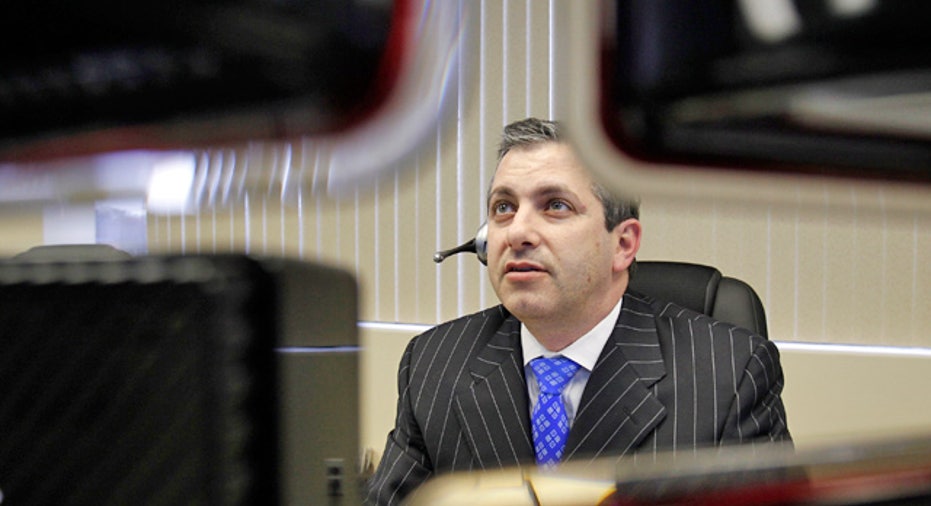Why More Investor Protection is Needed, not Less

Government isn’t the enemy when it comes to investor protection. Less is not more.
GOP Congressmen and its money-trust allies, though, are busy trying to dismember the Dodd-Frank financial reform law despite the evidence that investor protection had been underfunded when ordinary people needed it the most.
The last decade has been scarred by a stock and housing meltdown, the tail-end of the dotcom blow-up and two recessions. Most Americans are behind on saving for retirement. One would think that investor protection would near the top of the Congressional agenda (in addition to job creation).
Yet it’s clear from regulators that investor protection has become steadily more porous as the financial industry has grown.
A little-read U.S. Securities and Exchange Commission study on broker-dealers and advisers published earlier this year bluntly told the story:
“The growth of the investment advisory industry over the past six years has not been matched by a corresponding growth in Commission resources,” the study states as part of a Dodd-Frank regulation.
While the amount managed by registered investment advisers grew 59% from $24 trillion to $38 trillion (from Oct. 1, 2004 through Sept. 30, 2010), SEC inspection resources fell almost 4% during that period.
The high-water mark for examinations of investment advisers should have been during the worst bubble years (2006-2008), but the SEC reported that the number of its inspections peaked in 2005 at 1,530. There were only about 1,000 inspections last year. That’s a decrease of almost 30%. And this was just for policing some 11,000 registered investment advisers.The number of broker-dealer examinations also declined during the perilous years in which investors lost trillions in their retirement funds. The staff for SEC broker-dealer examinations was down to 380 last year from 405 in 2006. As a result, examinations dropped to 490 last year from 764 in 2006.
Fewer watchdogs means fewer bad brokers and advisers are caught and expelled from the industry. Enforcement actions against broker-dealers dropped by more than half from 2004 to 2010.
Dodd-Frank called for the SEC to hire 800 more staffers; House GOP members are trying to cut off the funding to do that. Almost acting in lockstep with the financial trust, the GOP is also attempting to neuter the Consumer Financial Protection Board and fiduciary duty that would make brokers place investors’ interests first.
Awash with campaign contributions from the money trust, House GOP members are openly hostile to any Dodd-Frank regulations that hope to protect consumers.
“Regulators exist to serve the banks,” Rep. Spencer Bachus, the chairman of the House Financial Services Committee told an Alabama newspaper late last year.
I’m not surprised that the money trust wants to delay or dump the provisions of the Dodd-Frank financial reform law. It will cost them billions to do right by investors and credit customers.I’ll admit that the financial industry is more regulated than ever and even the most sweeping law since the New Deal won’t keep all dishonest brokers and advisers out of the system. There is no perfect set of financial regulations and the government will never be able to effectively keep up with an industry that large and complex.
Yet making the argument that less investor protection is better for their customers — or that there are enough financial watchdogs on the beat now — is patently wrong.
Conflicts of interest are embedded in everything from your 401(k) to the most complex structured product. Do you know why certain funds are in your 401(k) plan, even though they are poorly performing and expensive? Is there some “pay-for-play” involved? You many never know without more federal oversight and disclosure.
There are more investments than ever and they are more complicated. From structured certificates of deposit to variable annuities, there’s little chance you’ll understand what’s really going on — or how you can lose money. In fact, there are more ways to lose money than ever before. The money trust wants to keep it that way. They like to keep their black boxes closed tightly.
You can’t be on your guard all the time. There are plenty of financial rules, but without enforcement, the bullies are running the show.



















